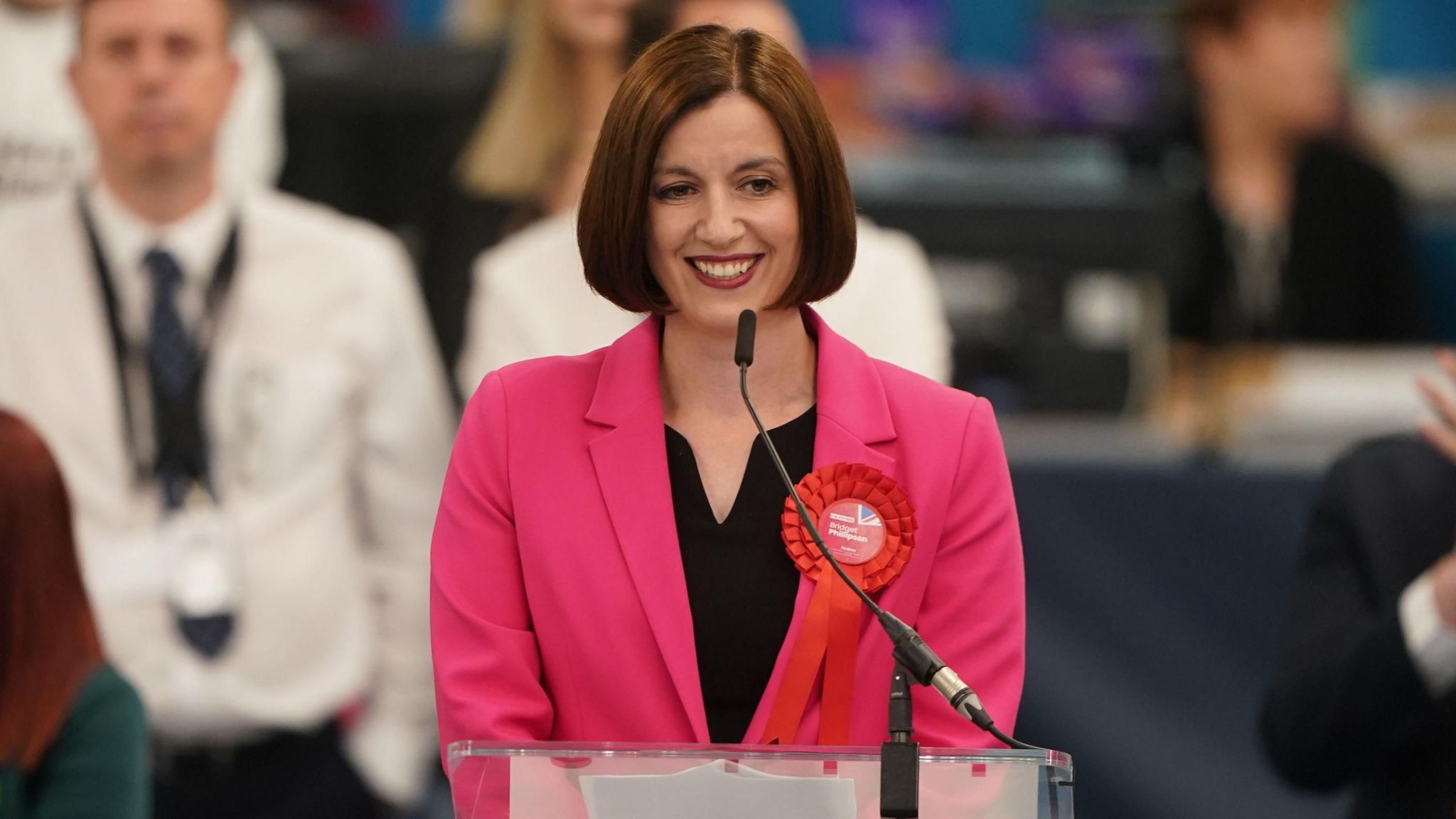Keir Starmer’s Labour Party is on course for a historic victory in the U.K. general election, ending 14 years in the political wilderness and sending the ruling Conservatives crashing to their worst defeat in history.
According to the broadcasters’ official exit poll, Labour will net their biggest victory since Tony Blair’s day, taking 410 of the 650 seats in the House of Commons. This page is being updated throughout the night as the results of the UK general election come in. We are also be following developments live on our blog.
The Conservatives are predicted to slump to 131 MPs, their lowest number ever.
The Liberal Democrats are projected to come third with 61 MPs.
The Scottish National Party will see its number of MPs fall to 10, while Reform UK is forecast to get 13 MPs, according to the exit poll.
The Green Party of England and Wales is predicted to double its number of MPs to two and Plaid Cymru is set to get four MPs. Others are forecast to get 19 seats.
The exit poll, overseen by Sir John Curtice and a team of statisticians, is based on data from voters at about 130 polling stations in England, Scotland and Wales. The poll does not cover Northern Ireland.
At the past five general elections, the exit poll has been accurate to within a range of 1.5 and 7.5 seats.
If the exit poll is correct it will be a remarkable turnaround for the Labour Party, which had its worst post-war election result in 2019, when the Conservatives under Boris Johnson won an 80 seat majority.
The Conservatives may avoid the wipe-out predicted by some opinion polls but they are still set for the worst result in the party’s history, losing 241 MPs – a devastating blow after 14 years in government.
It will mean a Labour prime minister in Downing Street for the first time since 2010 and a likely battle for the future direction of the Conservatives if, as seems likely, Rishi Sunak stands down as leader.
The Tory losses are likely to have been inflicted by the resurgent Liberal Democrats and Nigel Farage’s Reform UK, which looks set to win more seats than many polls predicted.
We will have to wait until the early hours, when the bulk of results start rolling in, to see if the exit poll is accurate.

Bridget Phillipson says the country has voted for change
Labour’s predicted landslide would be just short of the 179 majority won by Tony Blair in 1997 and the party may achieve it on a smaller share of the vote than former leader Jeremy Corbyn won in 2017, according to Sir John Curtice.
But it will be seen as a vindication of Sir Keir Starmer’s efforts to change his party and move it back to the centre ground of British politics.
Labour shadow education secretary Bridget Phillipson won the Houghton and Sunderland South constituency, in the first result of the night.
She said in her victory speech: “Tonight the British people have spoken, and if the exit poll this evening is again a guide to results across our country as it so often is, then after 14 years the British people have chosen change.
“They have chosen Labour and they have chosen the leadership of Keir Starmer. Today our country with its proud history has chosen a brighter future.”
In a pattern that looks set to be repeated throughout the night, the Reform UK candidate in the north-east England constituency came second ahead of the Conservative by a large margin.
The Liberal Democrats are, meanwhile, set to squeeze the Tory vote in the south of England, where a number of Conservative cabinet members, including Chancellor Jeremy Hunt and Defence Secretary Grant Shapps, are looking vulnerable.
Liberal Democrat leader Sir Ed Davey said: “It looks like this will be our best result for a generation.”
Rishi Sunak had insisted he could still win right to the end despite failing to make a dent in Labour’s commanding opinion poll lead over the six-week campaign.
Conservative Work and Pensions Secretary Mel Stride told BBC Radio 4: “This is a very difficult moment for the Conservative Party.”
He said he was “very sorry” that the exit poll is projecting that a number of his colleagues will lose their seats. On keeping his own seat, he says “we will have to wait and see”.
On Wednesday – the day before the election – Mr Stride made headlines when he admitted he thought it was likely there would be a massive Labour majority, effectively conceding defeat.
Scotland’s former first minister Nicola Sturgeon said it was “not a good night” for the SNP, which is predicted to lose 38 seats, adding that she believed the prediction would be “broadly right”.
Rishi Sunak surprised many in his own party by announcing a summer election.
But his campaign was hit by a series of gaffes, from the rain-drenched announcement in Downing Street to his decision to leave a D-Day celebration in Normandy early to record a TV interview and confused messaging about a Labour “super majority”.















